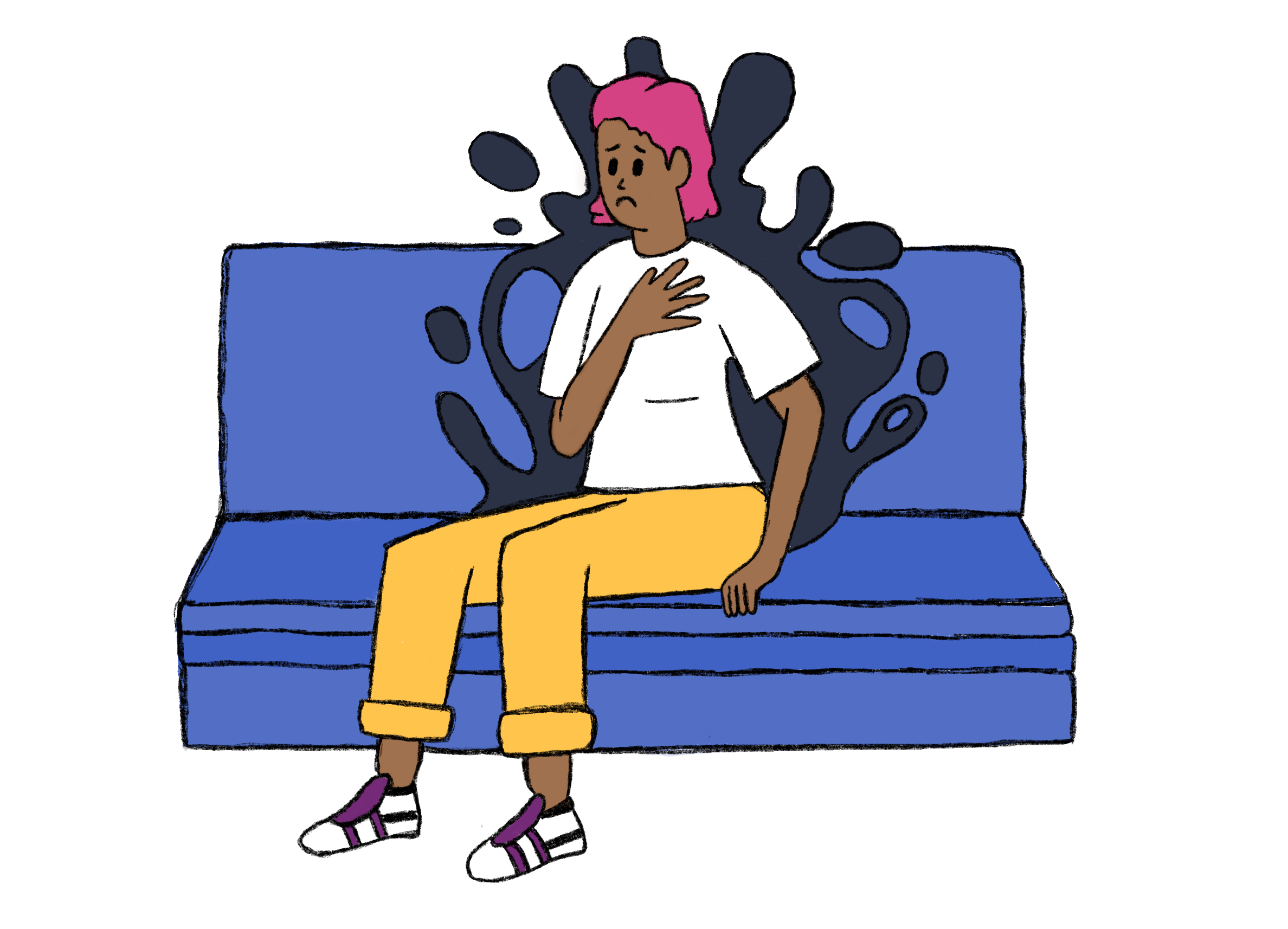
Panic Attack & Disorder Treatment
Do you ever feel like your heart is racing out of control, your breathing becomes rapid and shallow, and you're unable to control overwhelming feelings of fear or anxiety? We know that it can be terrifying and can greatly impact your daily life. If you're looking for ways to regain control and live a more peaceful life, let's explore the world of panic attack treatment together.
Panic disorder is a condition where a person experiences sudden and intense feelings of fear and anxiety, often accompanied by physical symptoms like a racing heart, shortness of breath, dizziness, and sweating. It can be really overwhelming and scary, but the good news is that there are ways to manage and treat it.
When it comes to panic disorder treatment, therapy is like having a guide who can show you the way to calmness and help you gain control over your fears. Your therapist at Another Light Counselling will help you identify and challenge negative thoughts that might be triggered. You will also learn helpful coping skills to deal with anxiety and practice them in real-life situations. This involves gradually facing the situations or places that trigger panic responses, in a safe and controlled way. By doing this repeatedly over time, you can learn that these situations are not as dangerous as they might seem, and your anxiety decreases.
Here's how a therapist can help you:
- Identifying Triggers: Triggers are things or situations that make you panic. Your therapist will work with you to identify these triggers and help you understand why they affect you. This knowledge is essential in learning how to manage and cope with them effectively.
- Learning Relaxation Techniques: Therapy can teach you various relaxation techniques to calm your mind and body. These techniques might include deep breathing exercises, visualization, or mindfulness practices.
- Challenging Negative Thoughts: A therapist can help you challenge any negative thoughts and replace them with more positive and realistic ones.
- Gradual Exposure: Facing your fears can be challenging, but with the guidance of a therapist, you can gradually expose yourself to the situations or things that trigger you. This approach, called exposure therapy, helps you build resilience and realize that you can handle these situations without feeling overwhelmed.
Sometimes, medication can also be prescribed to help manage panic symptoms. However, it's important to remember that medications should always be taken under the guidance of a doctor, and they might have some side effects. Aside from therapy and medication, there are also some lifestyle changes that can help in managing panic attacks. Regular exercise, eating a healthy diet, getting enough sleep, and practicing relaxation techniques like deep breathing or meditation can all contribute to reducing anxiety levels.
Remember, it's important to be patient with yourself throughout the therapy process. It takes time to learn and practice these new skills, but with persistence and support, you can make progress and regain control over your life.
